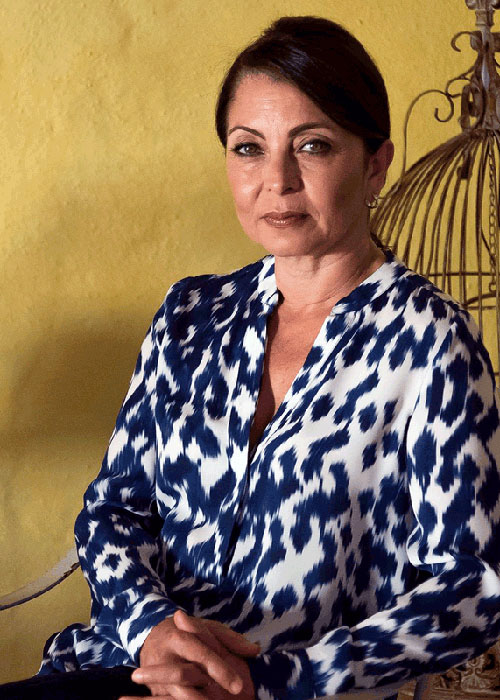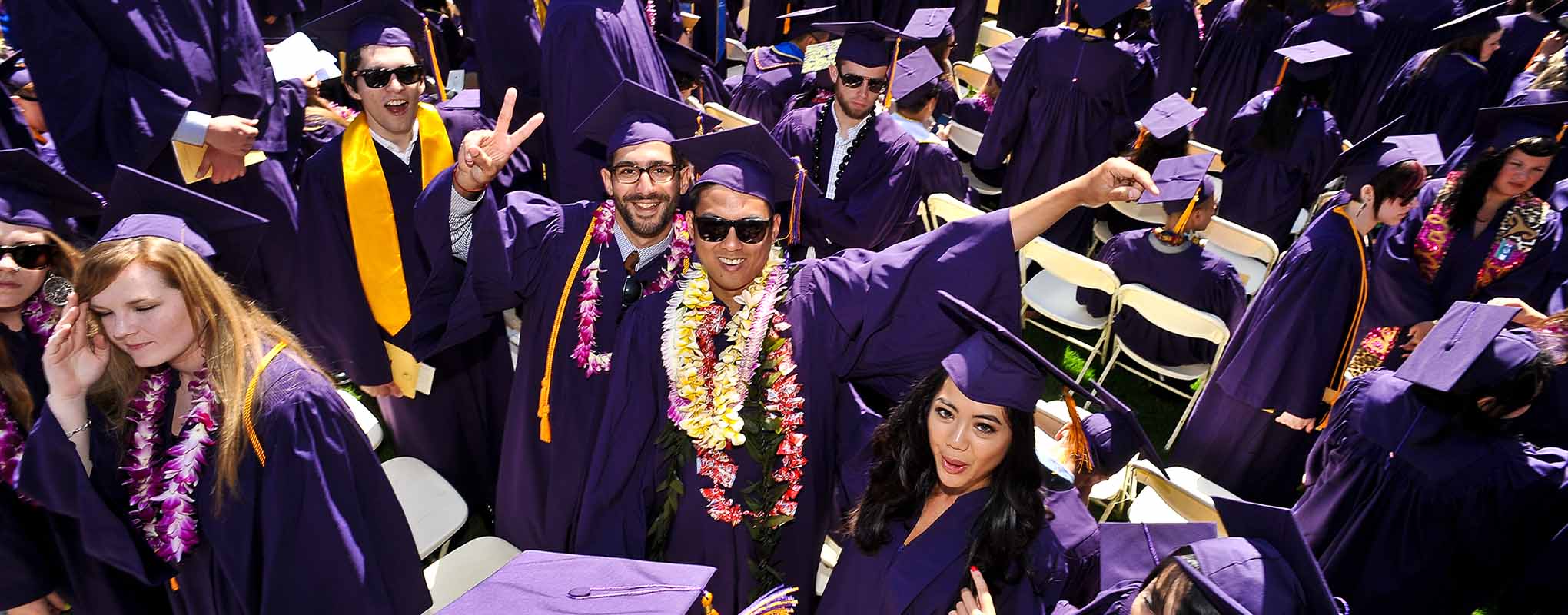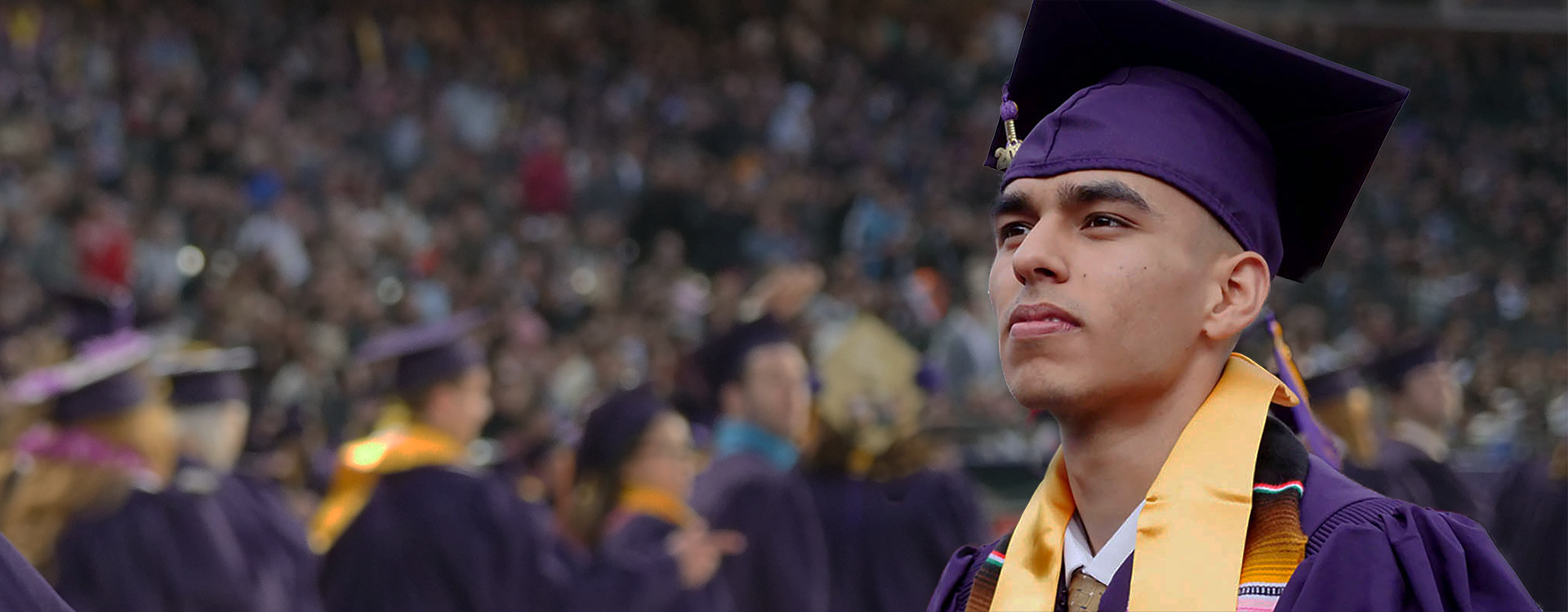When she was just 15, Neda Nobari emigrated from Iran to the United States as part of the wave of migration surrounding the Iranian Revolution. Since then, she’s encountered her countrymen wherever she goes, including SF State, where she earned her B.S. in computer science; Sweden, where her family settled; and even the small New Hampshire town where she studied the diaspora as part of the 2015 master’s degree she completed at Dartmouth College. “We’re everywhere,” she says.
Fascinated by these scattered communities away from their shared place of origin, and with a renewed commitment to her cultural identity, Nobari gave a $5 million gift to SF State to create the Center for Iranian Diaspora Studies. The Center will connect these Iranian diaspora communities and, just as importantly, broaden the field of Iranian studies by focusing on understudied disciplines.
“The first generation of Iranian immigrants had three career options: doctor, lawyer, or engineer,” Nobari says, citing commonly pursued professions. “But our children have had more options. Many, often armed with advanced degrees, have shown increased interest in the humanities, social sciences, art, and film. This Center is meant to provide a platform for these diversified areas of interest.”
“The potential of this Center for interdisciplinary research, community engagement, and learning from, about, and with the state’s Iranian diaspora communities is remarkable,” says Andrew Harris, dean of the College of Liberal and Creative Arts, where the Center will be housed. “It will draw on the transnational and intergenerational vibrancy of this complex movement of a people, exploring a story that is both richly Iranian and classically American as well. I am excited for what the Center can highlight about Iranian-American identity and for what it can add to our broader understanding of diasporas in general.”
“The first generation of Iranian immigrants had three career options: doctor, lawyer, or engineer,” Nobari says, citing commonly pursued professions. “But our children have had more options. Many, armed with advanced degrees, have shown increased interest in the humanities, social sciences, art, and film. This Center is meant to provide a platform for these diversified areas of interest.”

Choosing SF State for the Center was easy for Nobari. It’s not just her alma mater, it’s where she was “emancipated, liberated ... I saw endless possibilities,” she recalls her awakening to opportunities and ideas as a young woman before she went on to pursue her fashion career for 22 years. “It helped shape who I am today,” she says. It also shaped her support for public higher education and the access it provides to students who, like her at age 19, cannot afford private schools.
Nobari’s gift endowed a distinguished chair and a fund for activities such as fellowships and conferences. She hopes her giving sets an example for what philanthropy can be. For her, it’s a deeply personal act, reflective of her journey and her vision to build community, inspire others and provide future generations of Iranians in the diaspora with “a new lens through which they can examine their cultural identity.”


